The UHA is pleased to announce new board members coming in the new year! On January 1, 2023, eight new members will join our continuing members on the Board of Directors, bringing with them a range of experiences and expertise.
As always, we express our deepest gratitude to the outgoing board members who will complete their terms on December 31, 2022.
Thank you to the outgoing UHA board members:
Harold Bérubé
Guadalupe García
Paige Glotzer
Clayton Howard
Alejandro Velasco
Matthew Vitz
Constanze Weise
Welcome to the incoming UHA board members:
Emiliano Aguilar
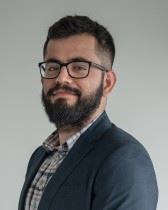
Emiliano Aguilar is a political and labor historian of the United States, specifically the Latina/o Midwest. His manuscript in progress, Building a Latino Machine: Caught Between Corrupt Political Machines and Good Government Reform, explores how the ethnic Mexican and Puerto Rican community of East Chicago, Indiana navigated machine politics in the 20th and 21st centuries to further their inclusion in municipal and union politics. The project further outlines this inclusion’s costs (and paradoxes) for generations of residents and reformers. In grappling for political power, these Latina and Latino residents renegotiated their place within the city, particularly under the threat of urban renewal and later deindustrialization within the rust belt community. Through his research, Emiliano has gained an interest in municipal archives and issues surrounding their transparency and accessibility to communities.
Taylor Desloge
.jpeg) Dr. Taylor Desloge is a Visiting Assistant Professor of History at Connecticut College. His research and teaching interests span the fields of African American history, environmental history, and urban history, but at the core he is interested in how African Americans defined health and well-being in the context of the industrial city and how those ideas served as a basis for critique and political action. His book project, “The Lost Politics of Urban Blight: Black Health, Black Power and the Making of Modern Urban America, 1877-1940,” explores the long roots of mid-20 th century mass displacement and the many ways in which local, state, and federal policies have appropriated and channeled longstanding black political struggle against Jim Crow, endemic diseases of segregation and exploitation of black neighborhoods towards destructive ends. Alongside his book project, he is currently working in collaboration with his students on a public history project on the impact of the Great Migration on the politics, culture and institutions of New London, CT. A longtime member, his work has appeared in the Journal of Urban History and has been featured at several UHA events.
Dr. Taylor Desloge is a Visiting Assistant Professor of History at Connecticut College. His research and teaching interests span the fields of African American history, environmental history, and urban history, but at the core he is interested in how African Americans defined health and well-being in the context of the industrial city and how those ideas served as a basis for critique and political action. His book project, “The Lost Politics of Urban Blight: Black Health, Black Power and the Making of Modern Urban America, 1877-1940,” explores the long roots of mid-20 th century mass displacement and the many ways in which local, state, and federal policies have appropriated and channeled longstanding black political struggle against Jim Crow, endemic diseases of segregation and exploitation of black neighborhoods towards destructive ends. Alongside his book project, he is currently working in collaboration with his students on a public history project on the impact of the Great Migration on the politics, culture and institutions of New London, CT. A longtime member, his work has appeared in the Journal of Urban History and has been featured at several UHA events.
Claire Dunning
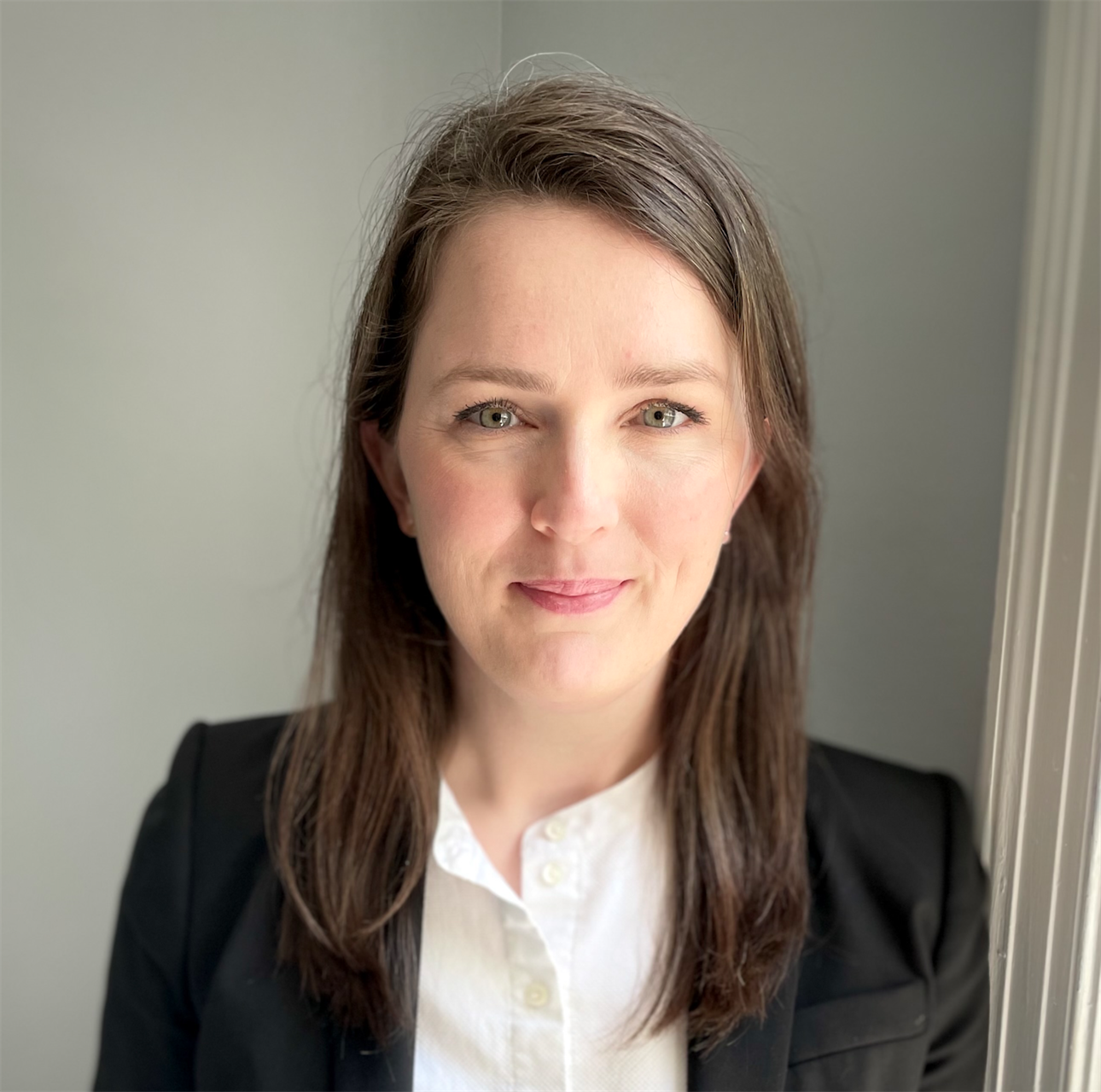
 Claire Dunning is an assistant professor in the School of Public Policy at the University of Maryland, College Park, where she is also affiliated with the History Department. Dunning is a historian of the United States in the 20th century, focusing on the histories of poverty, race, governance, and nonprofit organizations in American cities. Her work has been published in the Journal of Urban History, Enterprise & Society, and Nonprofit and Voluntary Sector Quarterly, and reached more popular audiences in The Washington Post and The Boston Globe. She is the author of Nonprofit Neighborhoods: An Urban History of Inequality and the American State (University of Chicago Press, 2022), which traces the local consequences of pursuing a public good through private organizations. At present, she is at work on a new book on philanthropy, race, and housing policy after 1968. Dunning holds a PhD in history from Harvard University and an AB from Dartmouth College. She was a Postdoctoral Fellow at Stanford University and previously worked at a community foundation.
Claire Dunning is an assistant professor in the School of Public Policy at the University of Maryland, College Park, where she is also affiliated with the History Department. Dunning is a historian of the United States in the 20th century, focusing on the histories of poverty, race, governance, and nonprofit organizations in American cities. Her work has been published in the Journal of Urban History, Enterprise & Society, and Nonprofit and Voluntary Sector Quarterly, and reached more popular audiences in The Washington Post and The Boston Globe. She is the author of Nonprofit Neighborhoods: An Urban History of Inequality and the American State (University of Chicago Press, 2022), which traces the local consequences of pursuing a public good through private organizations. At present, she is at work on a new book on philanthropy, race, and housing policy after 1968. Dunning holds a PhD in history from Harvard University and an AB from Dartmouth College. She was a Postdoctoral Fellow at Stanford University and previously worked at a community foundation.
Sandra I. Enríquez
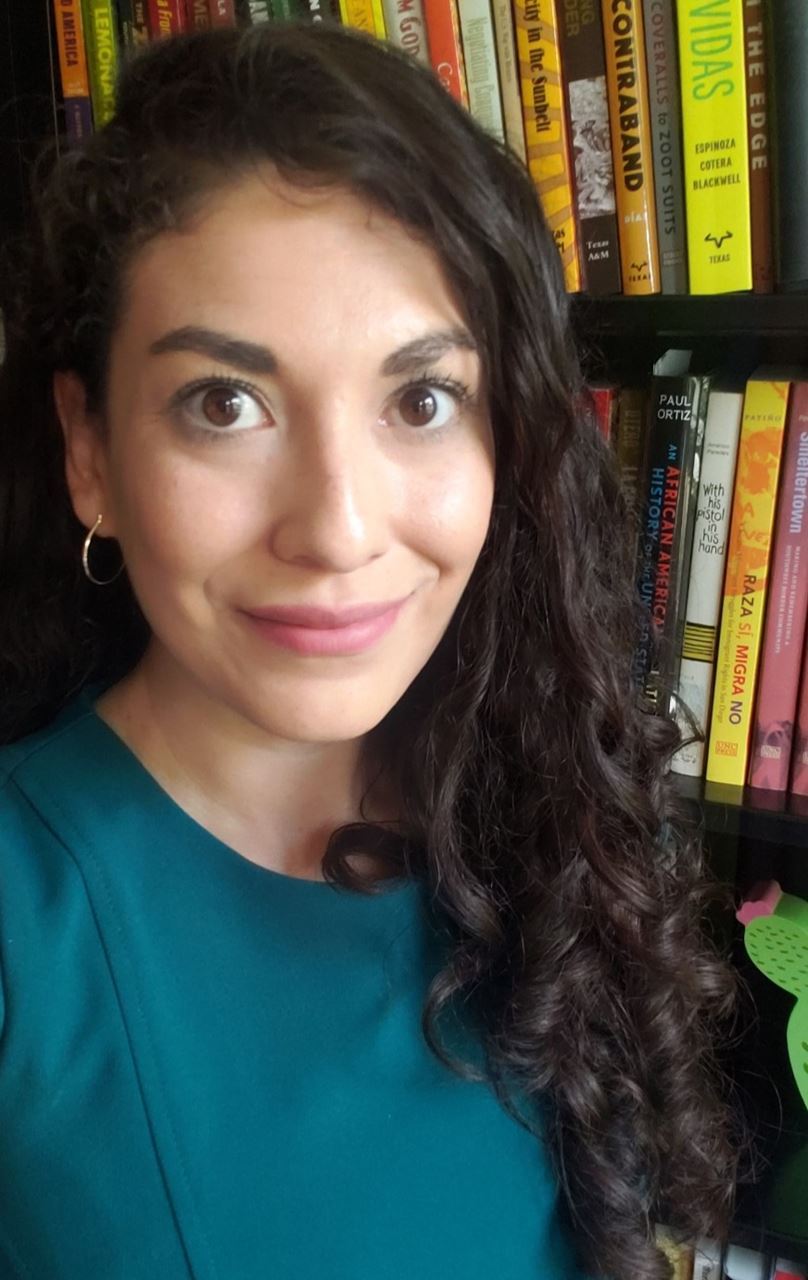
Sandra I. Enríquez is an Assistant Professor of History and the Director of the Public History Emphasis at the University of Missouri – Kansas City. She is a social historian of modern United States history with research and teaching interests in Chicanx and Latinx history, urban history, borderlands, social movements, and public history. Enríquez received her BA and MA from the University of Texas at El Paso and earned her Ph.D. from the University of Houston. Her first book ¡El Barrio No Se Vende!: Grassroots Activism and Revitalization in El Paso (under contract with the University of Texas Press), examines how Mexican American tenants organized to save their border neighborhood from the bulldozer while shaping urban policies through their proposed community-controlled grassroots alternatives to top-down revitalization in the 1970s and 1980s. Trained as both an academic and a public historian, Enríquez is interested in connecting students and general audiences to their local and regional histories. She has curated and collaborated on several public history initiatives in Missouri and Texas, including Show Me Missouri, Guadalupe Centers Centennial, and the Civil Rights in Black and Brown. Enríquez was born in Ciudad Juárez and grew up on both sides of the U.S.-México border.
Georgina Hickey
.jpeg)
Georgina Hickey is a professor of History at the University of Michigan Dearborn, specializing in U.S. Urban and Women’s History. She is the author of Hope and Danger in the New South City: Working Class Women and Urban Development in Atlanta, 1890-1940 and a forthcoming book entitled, Breaking the Code: Challenging Gender Segregation in the Twentieth Century Urban United States (University of Texas Press, 2024), as well as articles on women’s access to public space and urban-based activism. Her current research explores the intersection of grassroots movements for social change and electoral politics in post-1967 Detroit through the public life of long-time city council member, activist, and social worker, Maryann Mahaffey. Hickey teaches courses on urban, social, and cultural history; social movements; and race and gender. She is affiliate faculty in the Urban and Regional Studies and Women and Gender Studies programs and currently serves as the chair of the Department of Social Sciences. Off campus, she devotes time to community cooperatives and cycling. She is an advocate for inclusive communities, transportation systems, and public bathrooms.
Nancy Kwak
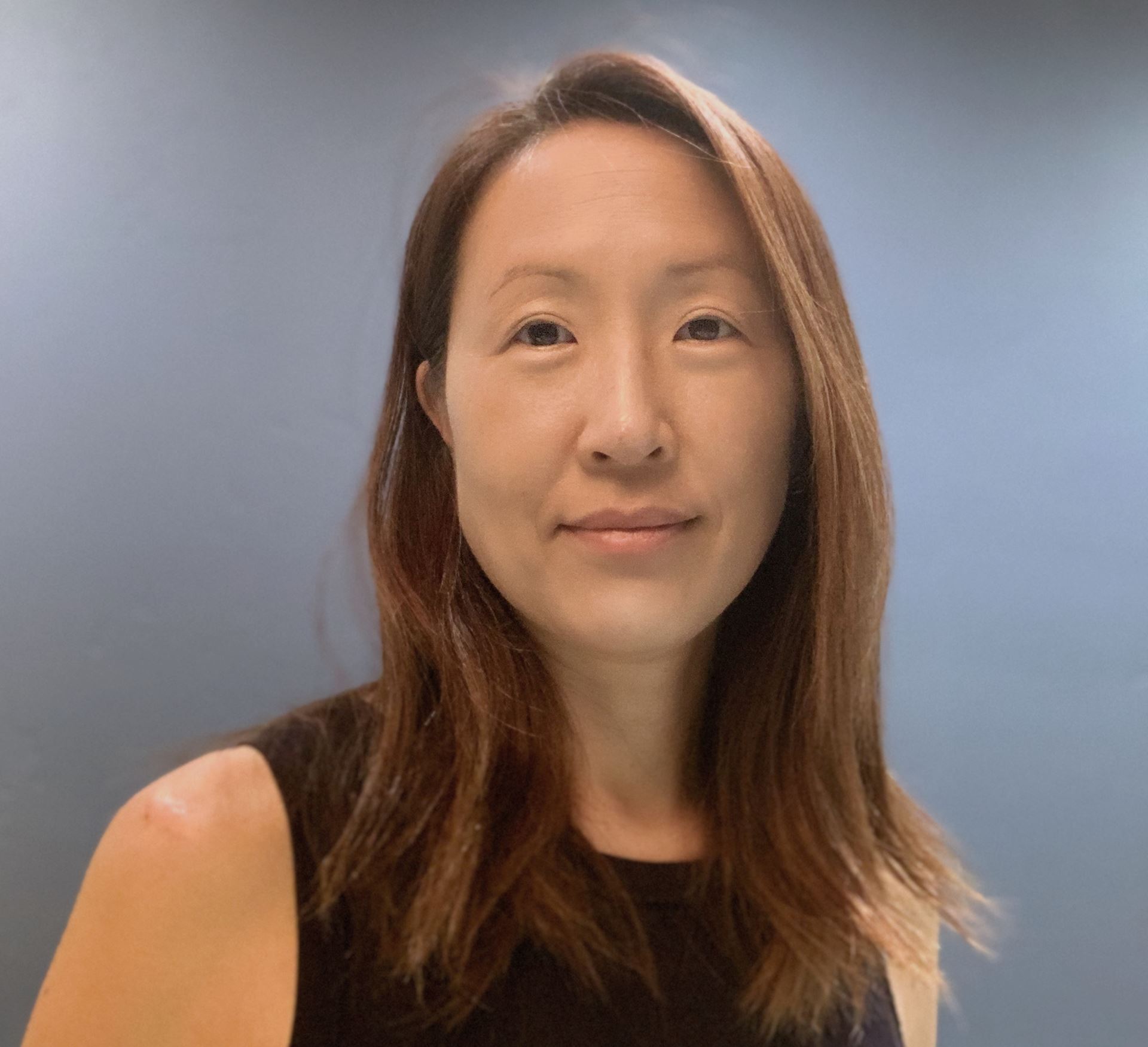
Nancy Kwak is an Associate Professor of Urban Studies and Planning and History at UC San Diego. She is the author of Homeownership for All: American Power and the Politics of Housing Aid Post-1945 (University of Chicago Press) and co-editor with Andrew Sandoval-Strausz of Making Cities Global (University of Pennsylvania Press.) She is working on two research projects now, one on global urban informality and the other, on urban agriculture in California. Nancy is particularly interested in working with others to make our professional organizations more equitable and representative of the places we study.
Kyle T. Mays
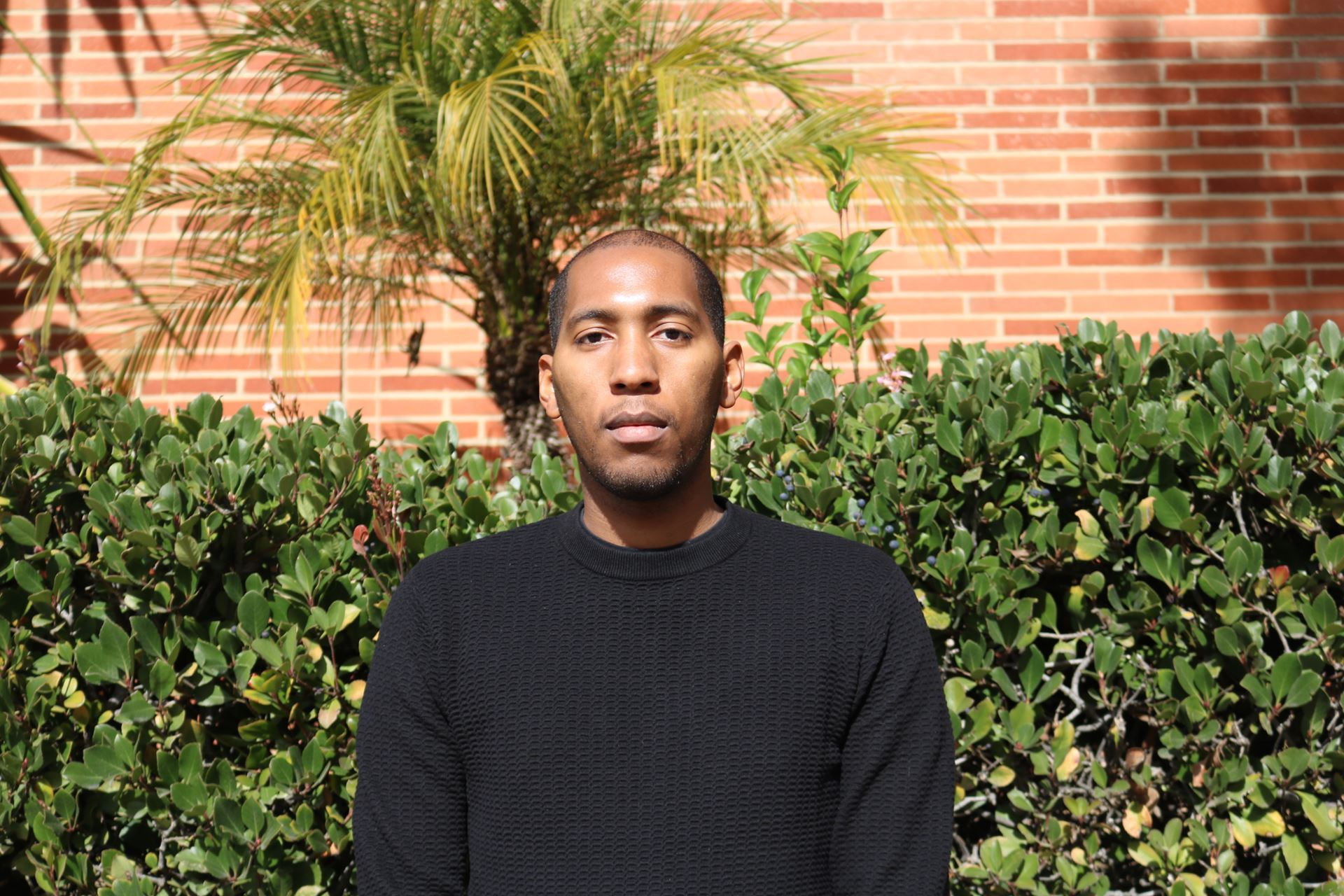
Kyle T. Mays (he/him) is an Afro-Indigenous (Saginaw Chippewa) scholar in the Departments of African American Studies, American Indian Studies, and History at the University of California, Los Angeles. He is a scholar of urban history and studies, Afro-Indigenous history, and contemporary popular culture. He is the author of three books, including City of Dispossessions: Indigenous Peoples, African Americans, and the Creation of Modern Detroit (University of Pennsylvania Press, 2022) and An Afro-Indigenous History of the United States (2021).
Kevin Mumford
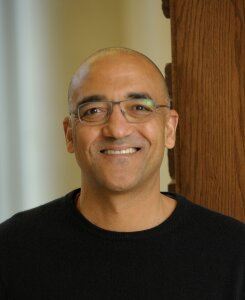
Kevin Mumford is Professor of History at the University of Illinois at Urbana-Champaign. His publications include Not Straight, Not White: Black Gay Men From the March on Washington to the AIDS Crisis; Newark: A History of Race,Rights, and Riots in America,; Interzones: Black/White Sex Districts in Chicago and New York in the Early Twentieth Century; “The Trouble With Gay Rights: Race and the Politics of Sexual Orientation in Philadelphia, 1969-1982.” He has also served as Fulbright Senior Scholar, Erfurt Universitait (2011); Warren Center for the Study of American History at Harvard University (2008); Schomburg Fellow, NYPL/ NEH (2005). His publication awards include Binkely-Stephenson Award (2012), Organization of American Historians; the Audre Lorde Prize (2012), CLGBTH/AHA; Stonewall Honor Prize, ALA; and the Bullough Prize.